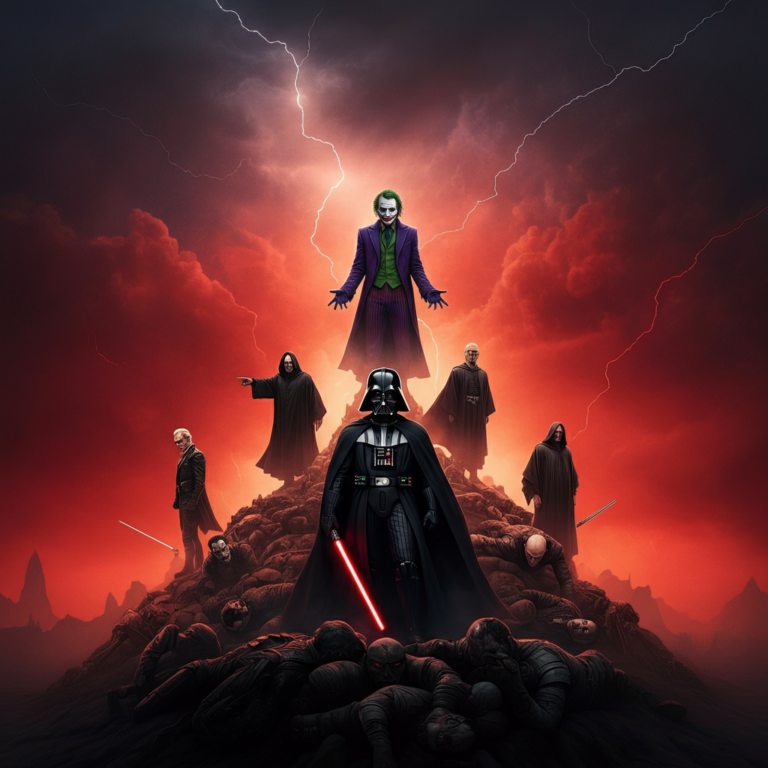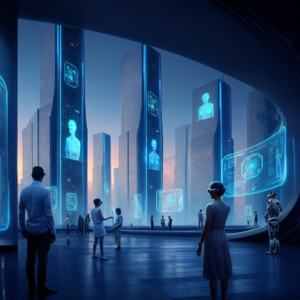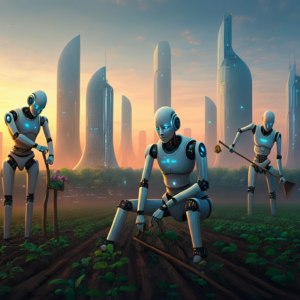What would our favorite movies look like if every villain came out on top? After all, cinema’s most memorable moments often come from the exhilarating triumph of heroes against near-insurmountable odds. But what if the scales tipped in the other direction? What if Darth Vader ruled the galaxy? What if Voldemort’s name was spoken in reverence, not fear? Imagining a world where villains consistently win flips the script on justice, hope, and redemption, offering a unique lens to view storytelling and culture.
This post dives into what happens when the bad guys triumph, from the dramatic ripple effects on storytelling to the broader cultural impact. Let’s break it down.
The Impact of Villains’ Triumph on Storylines
Villains winning shifts the dynamics of storytelling entirely. Movies are built on the bedrock of conflict, and audiences are trained to root for the protagonist, who claims the moral high ground. But if villains emerged victorious, we’d have far darker, more morally ambiguous narratives.
Altered Story Arcs
Consider iconic films where villains come close to winning. If fulfilled, their victory would erase traditional closure. For instance:
- The Dark Knight (2008): What if the Joker succeeded in corrupting Gotham? Chaos would reign, shattering the balance Bruce Wayne fought so hard to preserve.
- Avengers: Infinity War (2018): Oh, wait—this actually happens, with Thanos snapping half of all life out of existence. Audiences were left devastated, proving just how impactful a villain’s win can be.
- Harry Potter (series): If Voldemort remained undefeated, Hogwarts would become a breeding ground for dark wizards, while muggle-hunting would encapsulate a reigning horror across the magical and non-magical worlds alike.
Genre transformations
How would this shift affect different genres? Romantic comedies, for instance, could veer into tragedy if, say, the obstacle—an evil ex-partner—blocks the lover’s union indefinitely. Meanwhile, even family-friendly animations might morph into cautionary tales instead of uplifting victories.
When villains repeatedly win, storytelling becomes bleaker, forcing viewers to confront power dynamics and the fragility of good in a harsher light. The typical “feel-good movie” would become an endangered species.
Psychological and Emotional Implications
Why do we root for good to triumph? Human psychology leans toward the need for hope, resolution, and justice. Films with happy endings reinforce our belief in a world where effort and righteousness are rewarded. But let’s flip that. How would audiences feel if evil consistently prevailed?
The Void of Hope
Without the comforting triumph of good, viewers may leave cinemas feeling disillusioned or disengaged. A world where villains consistently win strips away the catharsis audiences traditionally seek in film. Instead of leaving with a sense of inspiration or optimism, people might walk away questioning their own pursuit of justice in a world that seems predisposed toward chaos.
The Complexity of Sympathy
Interestingly, with villains winning, audiences might be forced to reexamine their emotional connections to characters. Could we, over time, begin to empathize with morally gray or even outright evil characters? After all, in their reversal of victories, villains often represent ambition, determination, and often a distorted sense of justice. Understanding their success could provide an entirely fresh perspective on human vulnerability and moral ambiguity.
The Craving for Redemption
Take the archetypal anti-hero complex. Villain victories often lead to yearning—for redemption, for hope, for change. Think Walter White (Breaking Bad)—a villain we loved even as we knew his choices were catastrophic. If victories for villains were normalized, audiences might seek closure in unconventional ways, reshaping how we connect with fictional narratives on a deeper emotional level.
Culture and Society Through a Villain’s Lens
Art imitates life, and movies are an exaggerated mirror reflecting our hopes, fears, and struggles. If we indulge in tales of villainy, how would this impact society’s moral compass?
Villains as Cultural Icons
Villains already possess complex layers, often representing rebellion, power, or dissatisfaction with the status quo. If every story championed their success, characters like Vader, Hans Gruber, or even Miranda Priestly could become aspirational figures—manifestations of intelligence, ambition, and ruthlessness. Instead of “good always prevails,” society might adopt more flexible, morally ambiguous mottos.
Shaping Real-World Attitudes
Films are more than entertainment; they influence audiences. Regular portrayals of villain victories could normalize cynicism and question the value of ethics, justice, or collaboration. Conversely, they might foster critical thinking about power and control. After all, villains’ victories often highlight systemic flaws that allow evil to thrive. Could these stories encourage societies to identify and fight against real-world injustices?
Heroes in Disguise
An alternate cultural phenomenon could emerge, casting unexpected characters into “hero-adjacent” roles. Perhaps society begins romanticizing heroes by default, even subtly antagonistic anti-hero types like Tony Montana or Harley Quinn, who defy traditional measures of goodness.
Reinterpreting Pop Culture Classics
Now comes the fun part—taking films we all love and flipping the outcomes. Imagine these creative rewrites:
- The Lion King (1994): Scar keeps his grip on Pride Rock, turning the once-thriving kingdom into a barren hell. Simba grows up in exile, questioning whether he should fight for a land that rejected him.
- Titanic (1997): Cal Hockley escapes with Rose, forcing her into a life of societal compliance while Jack is left as an unnoticed casualty. A powerful but sorrowful commentary on class and obligation.
- Star Wars (original trilogy): An unchallenged Emperor Palpatine extends his imperial rule throughout the galaxy. The Rebel Alliance falters, leaving Luke to decide between survival or rebellion against insurmountable odds.
Backstory reinterpretations of villains, such as Maleficent and Joker, have already proven wildly popular. These narrative detours blur the moral boundaries, giving audiences fresh appreciation for complex characters. Imagine extending this trend across every former “triumph” for good.
SEO Highlights: 7 Iconic Villains and What Would Happen if They Won
Movie villain enthusiasts, this one’s for you. Ever wondered “what if” about the villains shaping the cinematic universe? Here’s a thought-provoking teaser:
- The Joker (The Dark Knight): Gotham spirals into anarchic chaos.
- Voldemort (Harry Potter): Hogwarts becomes Dark Arts HQ.
- Thanos (The Avengers): A new half-inhabited universe rises.
- Scar (The Lion King): Pride Rock’s famine worsens.
- Hannibal Lecter (The Silence of the Lambs): Free to play his mind games indefinitely.
- Norman Bates (Psycho): A horror legacy uncontained.
- Regina George (Mean Girls): High school domination reigns supreme.
It’s a terrifying—but thrilling—exercise to ponder villain-driven alternate endings.
Imagine the Possibilities
If villains always won, we’d see a cinematic industry brimming with moral complexity, emotional tension, and darker explorations of humanity’s flaws. The absence of predictable triumphant heroes would challenge us to reimagine how we engage with storytelling—and force us to confront our deepest fears.
What movies would you rewrite if the villains won? Drop your ideas in the comments—we can’t wait to see the creative ways our wardrobes skew toward Darth Vader over Luke Skywalker.







